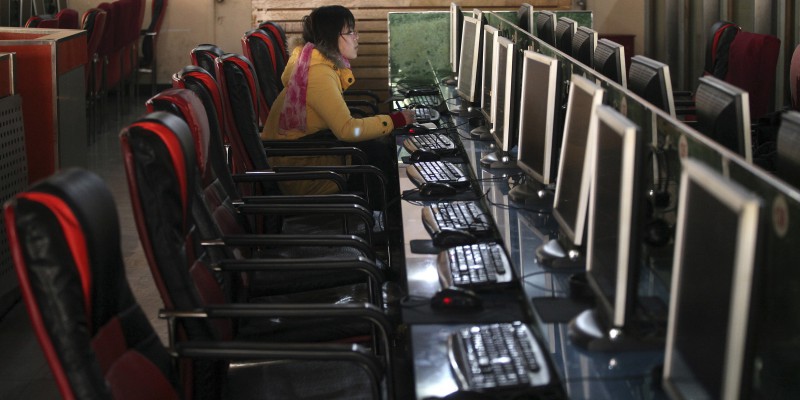In 2002 Wang Xiaoning was sent to prison for 10 years after Yahoo passed on personal information Chinese authorities used to identify him. Judith Bruhn explores a case of conflicting laws and moral expectations.

The case
In 2000 and 2001 the Shenyang-based engineer Wang Xiaoning anonymously posted writings calling for democratic reform and an end to China’s single-party rule on a Yahoo online discussion group. Chinese authorities arrested him in 2002 after the US internet company’s Hong Kong subsidiary provided information to the government that was used to identify him. Wang was convicted on subversion charges in September 2003 and sentenced to 10 years in prison.
In 2007 the families of Wang Xiaoning and Shi Tao, a Chinese journalist who was also convicted after Yahoo helped identify him to authorities, filed a lawsuit against the company in a federal court in San Francisco. The lawsuit cited US human rights laws including the Alien Torts Statute and the Torture Victim Protection Act. At a hearing at the US house committee on foreign affairs, US Representative Tom Lantos told Yahoo CEO Jerry Yang to apologise to the detainees’ families and said of the internet giant, “morally you are pygmies”. Yang publicly apologised in court and the lawsuit was settled a week later. On 31 August 2012 Wang was released from prison after serving his full sentence. Shi Tao remained in prison.






















